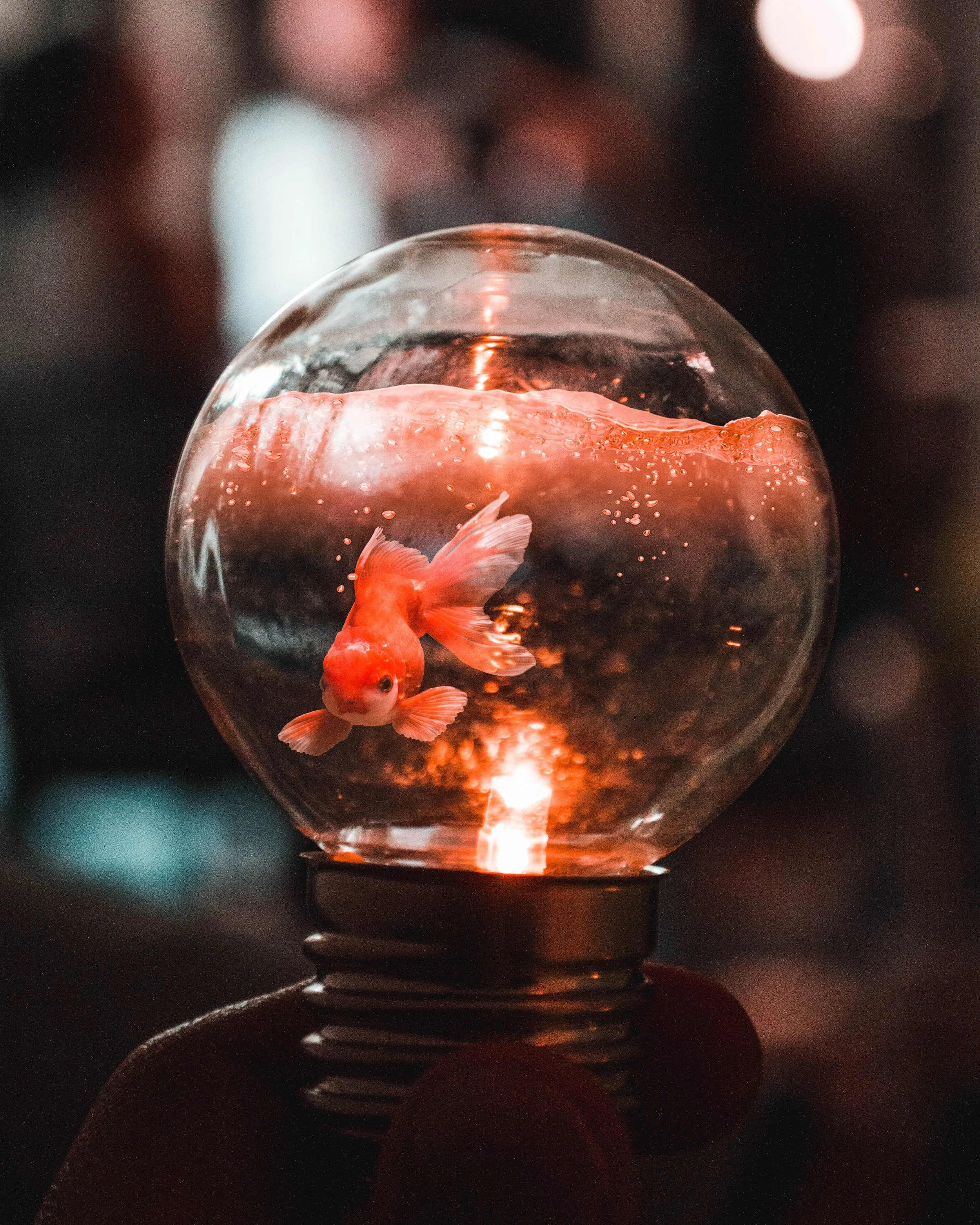Thinking traps
Last week I wrote about a process that can help us handle our anxiety and fear with more skill and compassion. Creating a gap from the story and swirl of the mind in order to sense and step into the reassuring calmness of our deeper consciousness. The process can be broadly labelled as adopting more mindfulness.
Mindfulness is an incredibly useful skill when we consider what Soul on Deck is all about, and just what is required of us in order to bring our unrealised gifts and potential into the world. Unlearning, and letting go of those things that we think have been keeping us safe and in control, but ironically have been holding us back, is a journey of uncertainty and discomfort, and being equipped with skills like mindfulness is going to help with that endeavour.
So I wanted to use another universal example of how our minds, through no fault of their own, have built up certain thinking traps that we’ve adopted as coping mechanisms in order to feel in control and make sense of the world, when in fact they have simply pulled the wool over our eyes and denied us clear access to what will ultimately bring us peace of mind and happiness. And how mindfulness in my experience is the fastest and most accurate way by which to overcome this particular thinking trap.
So here goes…
If you have a tendency to get down on yourself, please know that you're not alone. One element of our survival strategy is a negativity bias (thinking trap) the brain is inclined towards. Focusing on and remembering what seems bad or wrong. And this negativity bias can get turned inward. We fixate on the times we feel we’re falling short.
This tendency to not feel good enough can arise in every domain of our life, how we're performing at work, the quality of our parenting, our desirability as a partner, and in the deepest way our worthiness as a human being. Therefore, being at war with ourselves is a pervasive form of emotional suffering. It's often called the trance of unworthiness, and it's a trance because we don't realise how much a sense of deficiency that undercurrent of “not enough” influences our entire life experience. It gets in the way of our capacity to be comfortable with others, and our freedom to be creative or take risks at work. Our capacity to just relax and enjoy the moment. And ultimately the pathway toward our deepest intentions.
Sometimes the trance is so thick we can feel like something is really wrong with us, that we're damaged goods. At other times, it's that nagging sense of needing to improve ourselves. The tool to step out of this trance is mindfulness. Being aware of when the inner judge is activated.
When you learn to pause and recognise, “oh, there's the judging mind again”, you're interrupting a pattern that's been moving through you for most likely many years, and you’re beginning to decondition it. The power of mindfulness to free you from self-judgement will increase as you learn to see the pain that comes with the judging, and how much tension or anxiety or depression, or shame, our self-judgement causes.
When we notice the inner judge piping up you can simply say to yourself, this hurts and I'm hurting myself with judging. When we bring a mindful presence to this pain of judging, a natural compassion for ourselves begins to arise. It's a feeling of tenderness and of care in the face of a difficult often lifelong habit.
This self-compassion is the antidote to self-judging. It's what helps us to wake up from being identified as a deficient human being. When we feel self-compassion, we're no longer living in the identity of the judge, our deficient self, we've opened to a larger, kinder sense of being. At those moments when you're feeling self-compassion, you can see the truth about yourself. You can even see your imperfections. But without that added toxic layer of self-aversion.
It takes practice to loosen the entrenched habit of self-judgement because we've been judging ourselves for a long time and undoing that requires seeing and recognising the judge again and again. But you can trust that every time you become mindful of self-judgement and pause, every time you recognise this cause of pain in your life and feel a sense of self-compassion, you're rewiring your neural circuitry in a profoundly transforming way.
May you create momentum in your practice.
—
Andrew.
